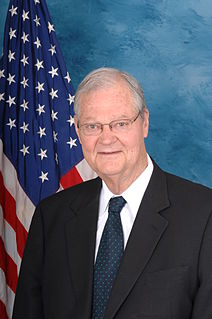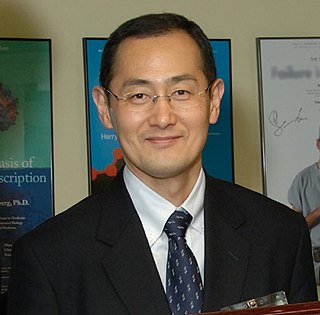A Quote by Bill Gates
Most innovations, unfortunately, actually increase the net costs of the healthcare system. There's a few, particularly having to do with chronic diseases, that are an exception. If you could cure Alzheimer's, if you could avoid diabetes - those are gigantic in terms of saving money. But the incentive regime doesn't favor them.
Related Quotes
...There's a lot of money in the Western diet. The more you process any food, the more profitable it becomes. The healthcare industry makes more money treating chronic diseases (which account for three quarters of the $2 trillion plus we spend each year on health care in this country) than preventing them.
The quality of health care in Germany is not as good as people sometimes believe it to be. We have problems with chronic diseases. The German system allows too many hospitals and specialists to treat chronic diseases. We do not have enough volume in many institutions to deliver good quality, and we do have fairly strict separations ... between primary physicians, office specialists and hospital specialists. But I think the quality problems can be solved in the next couple of years, and we have made major progress in diabetes, coronary artery disease and pulmonary disease care.
As a society, almost one 1 of 2 adults has a chronic disease of one form or another. And where we're spending $3 trillion a year not on a healthcare system, but on a sick-care system that tries to patch us up after we've been made ill by a variety of institutional things around us - including a sick food system, air pollution, etc. Where we could be doing so much better even before people get to the point of getting sick.
If the positive innovations connect exponentially before the massive breakdowns reinforce one another, the system can re-pattern itself to a higher order of consciousness and freedom without the predicted economic, environmental, and social collapse...If the system could go either way, a slight intervention to assist the convergence of the positive can tip the scales of evolution in favor of the enhancement of life on Earth.
If out of concern over cloning, the U.S. Congress succeeds in criminalizing embryonic stem-cell research that might bring treatments for Alzheimer's disease or diabetes - and Dr. Fukuyama lent his name to a petition that supported such laws - there would be real victims: present and future sufferers of those diseases.



































